In the context of continuously rising electricity prices, switching to solar energy is considered a smart solution. However, many people are still wondering whether to use a hybrid inverter for their solar energy system or not. Below are some cases where users should choose a hybrid inverter for the system.
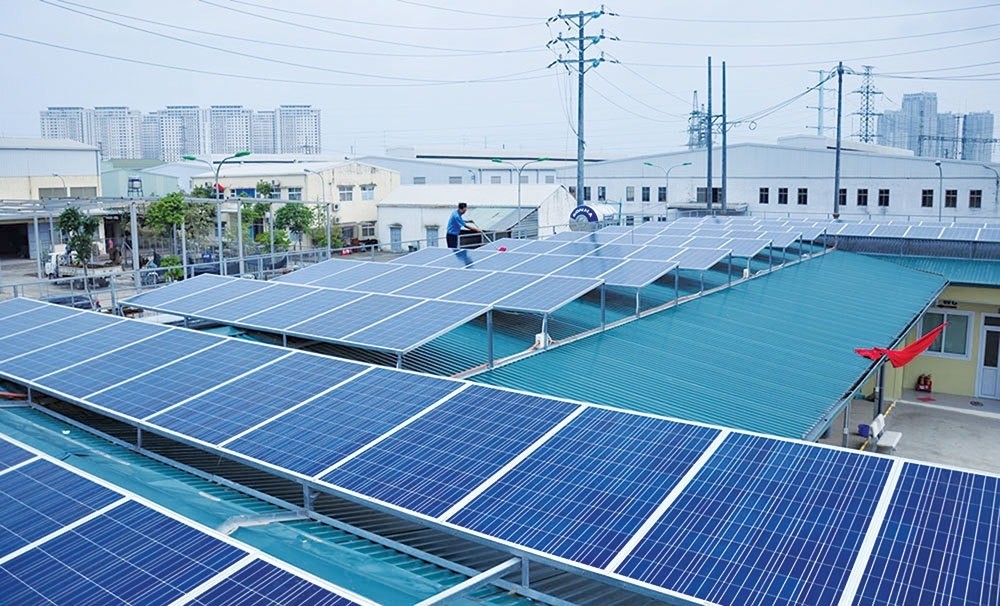
Solar panels are becoming a useful option in the context of rising energy prices.
Optimize energy efficiency and flexibility
Hybrid inverters are designed to work in concert with solar panels and batteries to seamlessly store and back up energy. For homes and businesses looking to optimize energy consumption, hybrid inverters store excess solar energy in batteries for later use, rather than feeding it into the grid.
The 10 kW hybrid inverter is ideal for large systems, while the 6 kW hybrid inverter is suitable for medium-sized systems. Using a hybrid inverter reduces dependence on the grid, reduces electricity bills, and takes advantage of stored energy in case of power outages or at night.
Power backup for critical loads
For homes or businesses that are off grid or have frequent power outages, hybrid inverters offer a reliable backup power solution. The ability to store energy in batteries ensures continuous power supply in the event of grid outages, which is especially useful in remote areas or in emergency situations.
According to reviews, the 10 kW hybrid inverter is suitable for large households or small businesses with high energy consumption, while the 6 kW hybrid inverter is suitable for residential areas or small businesses.
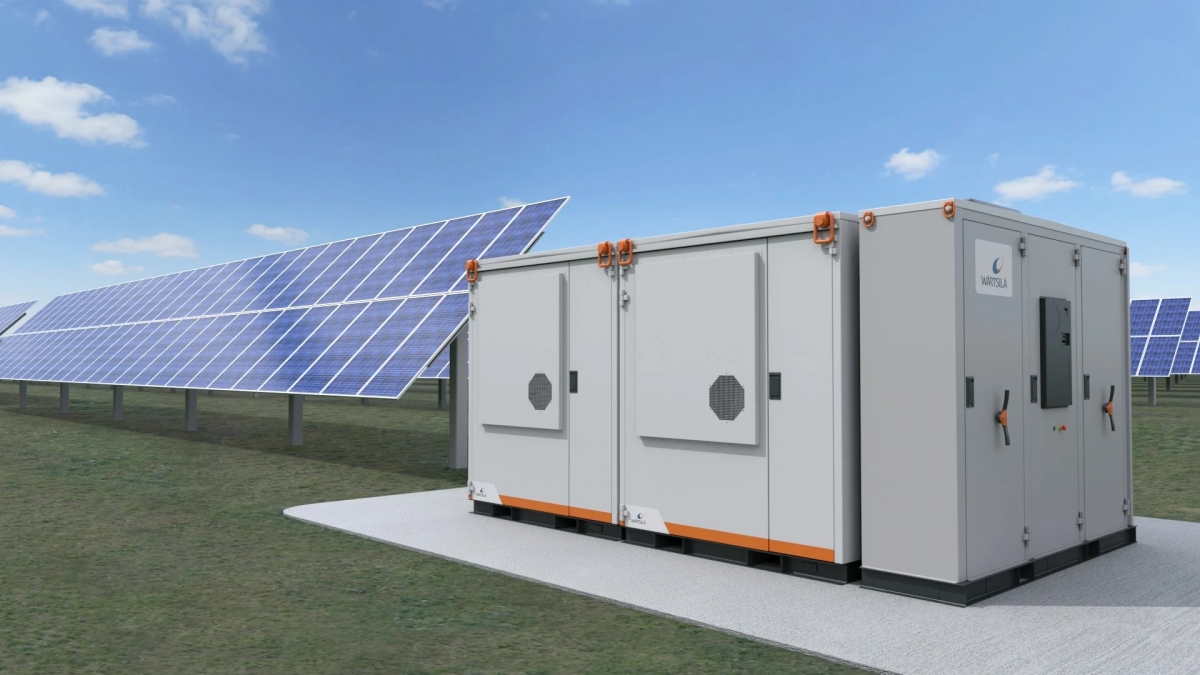
Solar battery storage systems will help provide power during power outages or for use at night.
Take advantage of solar incentives
With the increasing government support for renewable energy, users can get many incentives and discounts when investing in hybrid inverter solar power systems. This makes hybrid inverters a great choice for those who want to maximize their investment returns, not only saving on energy costs but also contributing to reducing carbon emissions.
This is even more meaningful when the Ministry of Industry and Trade recently proposed a support policy of 2-3 million VND for households installing rooftop solar power for self-production, self-consumption and storage systems. The support level of 3 million VND is the total, of which 1-1.5 million VND is for systems without storage and an additional 1-1.5 million VND for systems with electricity storage (BESS).
When choosing a hybrid inverter, users should research and choose leading brands for residential and commercial solar applications. With high efficiency, reliability and easy integration, these inverters ensure optimal performance in a variety of environments.
Source: https://baolaocai.vn/nang-luong-mat-troi-giup-giai-quyet-van-de-gia-dien-tang-cao-post881602.html



![[Photo] Soldiers guard the fire and protect the forest](https://vphoto.vietnam.vn/thumb/1200x675/vietnam/resource/IMAGE/2025/9/27/7cab6a2afcf543558a98f4d87e9aaf95)




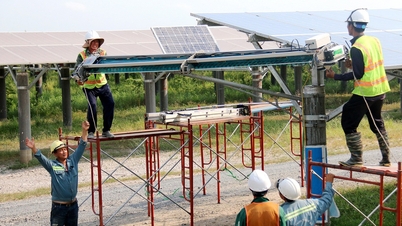
























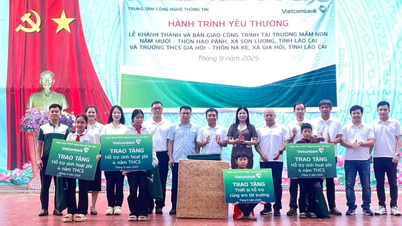




![[Photo] Prime Minister Pham Minh Chinh attends the 1st Hai Phong City Party Congress](https://vphoto.vietnam.vn/thumb/1200x675/vietnam/resource/IMAGE/2025/9/27/676f179ddf8c4b4c84b4cfc8f28a9550)
























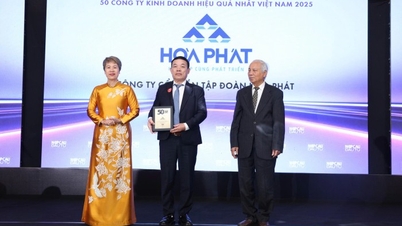




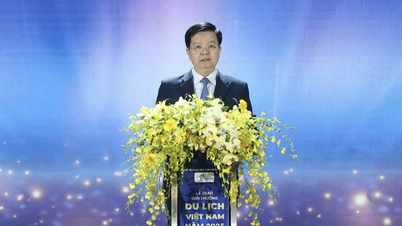


































Comment (0)